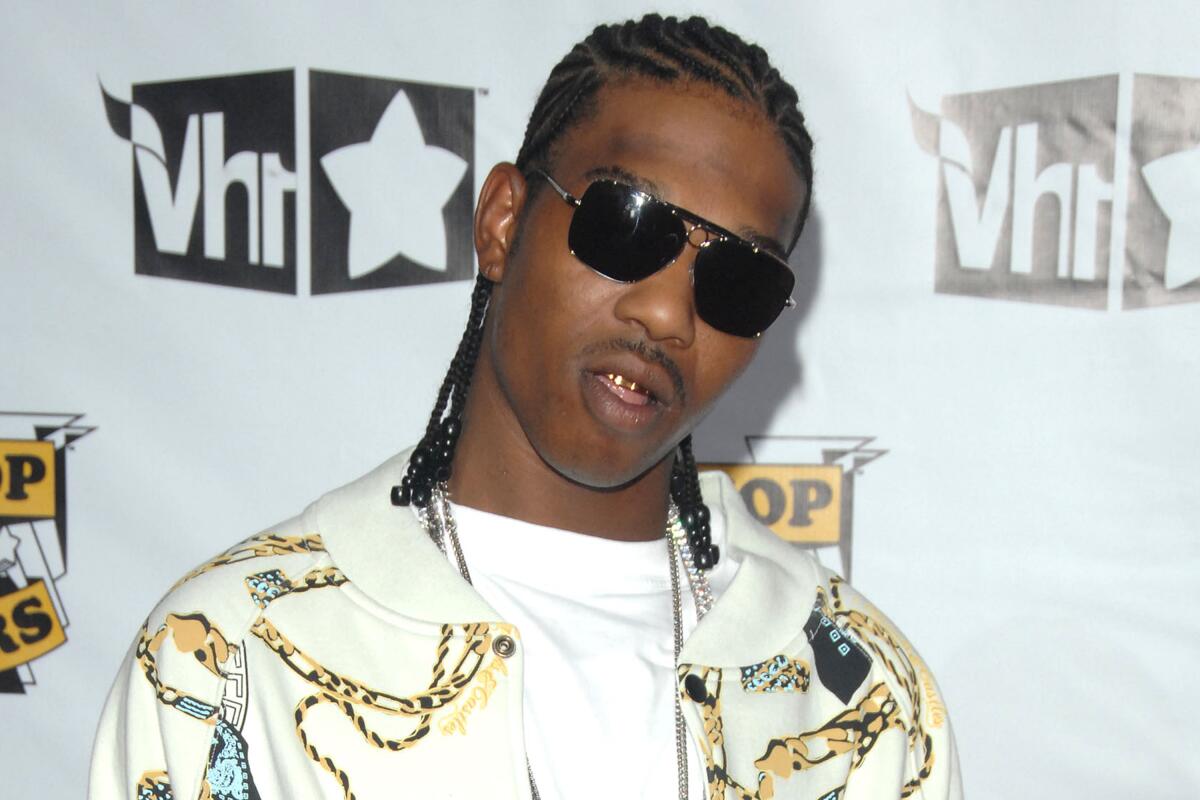In a world where music often reflects the artist's life experiences, the boundaries of artistic expression can clash with legal realities. This is the case for rapper BG, who is currently navigating federal supervision after his prison release. His situation underscores the complex relationship between creative freedom and legal obligations, especially for artists with troubled pasts.
BG, known for his hit "Bling Bling," must submit his lyrics to federal authorities before they can be released or performed. This requirement raises critical questions about the extent of artistic freedom and the implications of using music as a tool for self-expression in the context of rehabilitation. The scrutiny of BG’s lyrics reflects broader societal concerns about accountability and the influence of music on behavior.
As we delve into BG's story, we uncover not just the legal challenges he faces but also the implications of his artistic choices on his future. His journey serves as a reminder of how the music industry interacts with the justice system, particularly for artists who have faced legal troubles.

Rapper BG, who is living under federal supervision after his release from prison, is also having his lyrics supervised. The “Bling Bling” artist must provide the federal government with copies of his upcoming songs before they are produced or promoted, and if the lyrics are considered inconsistent with his rehabilitation, prosecutors may move to tweak the terms of his supervised release, the Guardian reported Tuesday.
BG, a.k.a. Baby Gangsta, whose real name is Christopher Dorsey, narrowly avoided even stricter scrutiny. U.S. District Court Judge Susie Morgan, who oversees the Eastern District of Louisiana, refused the prosecution’s request to prohibit BG “from promoting and glorifying future gun violence/murder” in any songs performed during his supervision, citing free speech concerns, the outlet said.
The New Orleans rapper, who was formerly a part of the Hot Boys with Lil Wayne, Juvenile, and Turk, was arrested during a traffic stop in 2009 after an officer found three guns in his car — two of which were stolen. BG pushed others in the car into taking responsibility for the weapons, but the truth was eventually revealed, and he later pleaded guilty.
Baby Gangsta was sentenced in 2012 to 14 years in jail for two counts of firearm possession and one count of conspiracy to obstruct justice. He was released last September after serving 11 years and is now spending three years under federal supervision.
That supervision became an issue when he began rapping again, particularly after he held a concert in Las Vegas in February with rapper Boosie Badazz, who has multiple felony convictions. Those under supervised release are generally required to refrain from associating with convicted felons, and BG was arrested for allegedly not obtaining permission to work with Boosie




